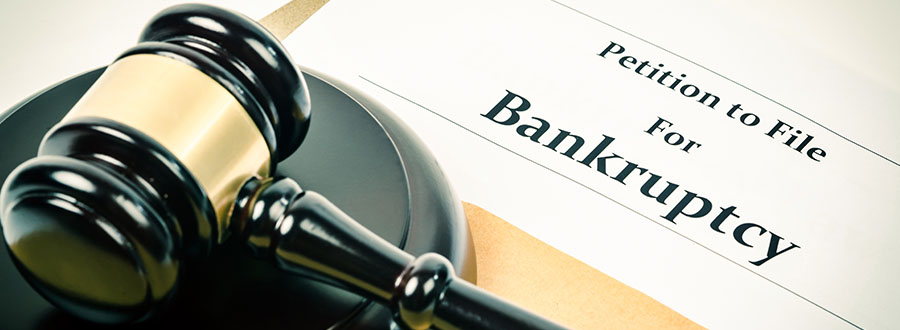Key Points
- Bankruptcy has the most significant impact on your credit.
- Bankruptcy will not discharge all types of debt.
- Filing bankruptcy could put assets at risk.

Bankruptcy provides a financial do-over when you face a long-term financial hardship. Consumer bankruptcy filings typically include either Chapter 7 or Chapter 13. Chapter 7 will liquidate all non-exempt assets and then discharge debts, often within six months. If you do not have non-exempt assets and qualify based on your income, this choice could give you the debt relief you seek.
When you do not qualify for Chapter 7, you must file Chapter 13, which requires you to repay creditors for the next five years under court supervision. Chapter 13 also offers bankruptcy protections that could allow you to stay in your home or keep your vehicle. Yet, in many cases, other debt-relief options provide the same relief without the burden of bankruptcy proceedings.
If the circumstances below apply to you, then bankruptcy may not be the best debt relief solution.
- You have high debt levels, but your current income covers most or all the payments. Barely getting by requires a different solution than when you are drowning in debt. Bankruptcy does the most damage to your credit, has the longest recovery cycle, and can create permanent consequences other debt-relief options avoid. If you are barely making it or have enough income to pay for the essentials plus a little more, debt settlement may be a better option than bankruptcy.
- You own property and are current on secured loans. If you do not have late payments on your house and car, filing bankruptcy could put those assets at risk or require you to pay the value of the non-exempt equity to creditors. Bankruptcy may wipe out your debt, but it can also require you to sell assets before receiving a discharge.
- Most of your debt does not qualify for discharge. Bankruptcy will only discharge some debts. Most include unsecured bills such as credit card payments, medical debt, personal loans, and delinquent rent or utilities. Bankruptcy will not eliminate car loans, home loans, student loans, and several other types of debt.
- You still have decent credit. Bankruptcy will destroy your credit in the near term. If you have managed to maintain your credit, you might qualify for other forms of debt relief. Filing bankruptcy generally means a credit score drop of 150 to 250 points, depending on the current state of your credit, the type of debt, and the type of bankruptcy you file.
- You need access to credit in the next three to five years. In bankruptcy, negative marks remain on your file for up to ten years. Many loans also have a mandatory waiting period after bankruptcy before you will qualify for a loan. Other debt relief options could limit the damage to your credit and could have you back to your current credit score within two years.
- Beyond needing a loan, a poor credit score could affect your ability to rent in a new location, change cell phone providers, sign up for cable or satellite services, or get utilities turned on without a large deposit.
- Do you have co-signed debt that could hurt someone you love? Bankruptcy may let you off the hook for the co-signed debt, but the other party will become responsible for the payments. Any late payments will damage their score as well as yours.
Skipping bankruptcy does not mean you must continue to suffer financially with heavy debt burdens. Debt settlement can provide many of the same benefits as bankruptcy without court oversight or the risk of losing assets. You can pay off unsecured debts for less than the total balance, gain more control over your finances, and become debt-free in as little as three years.
